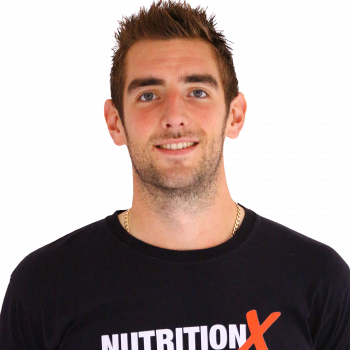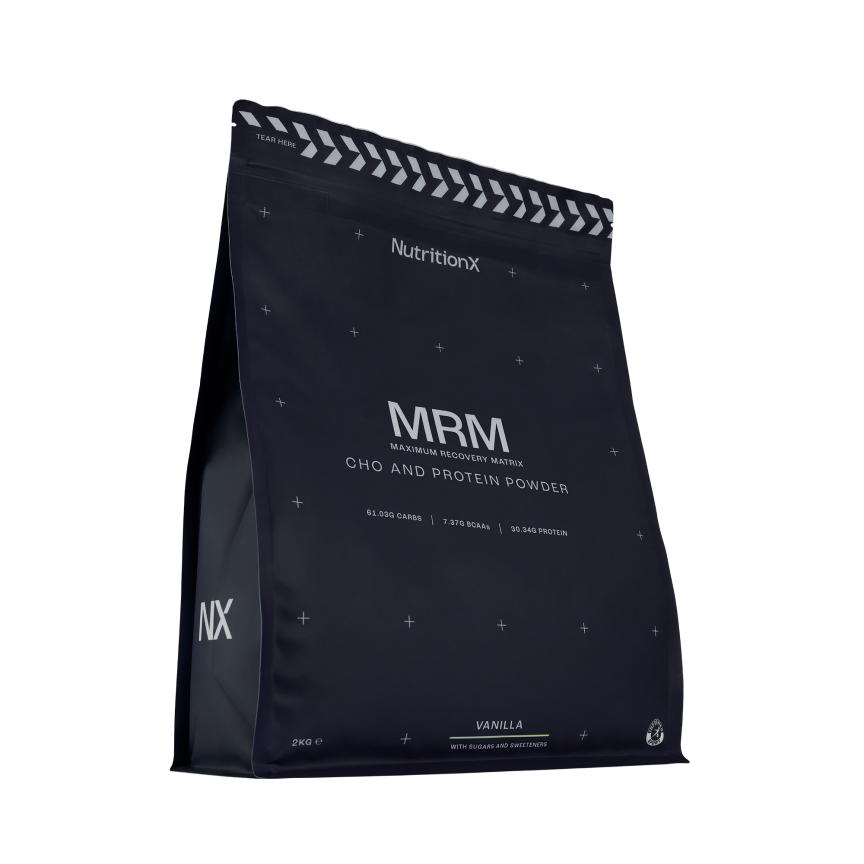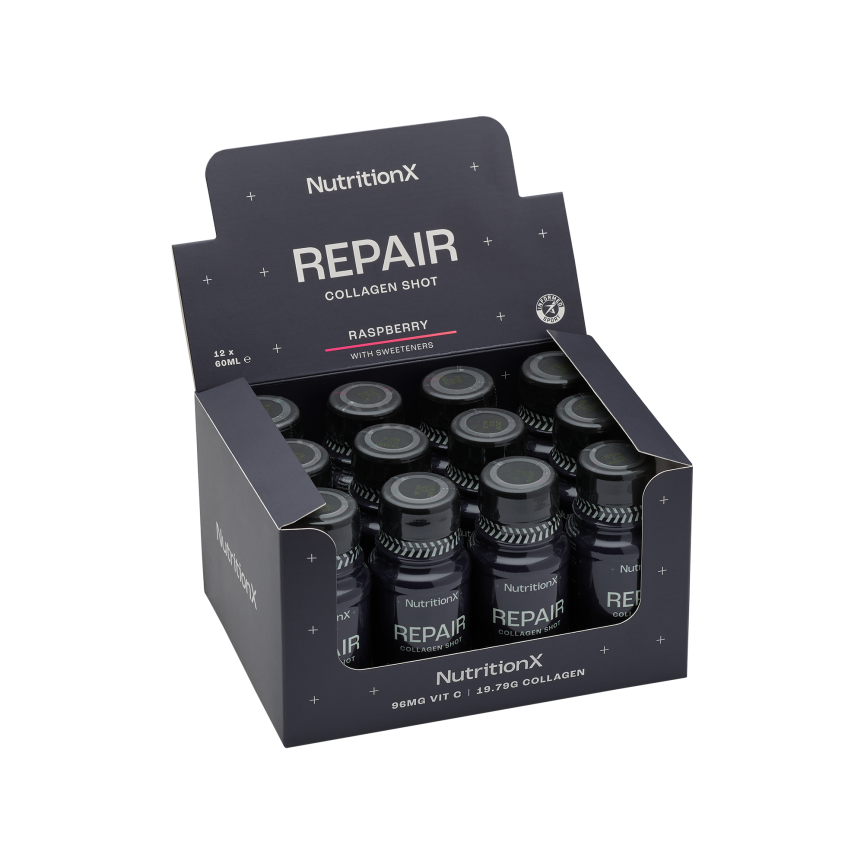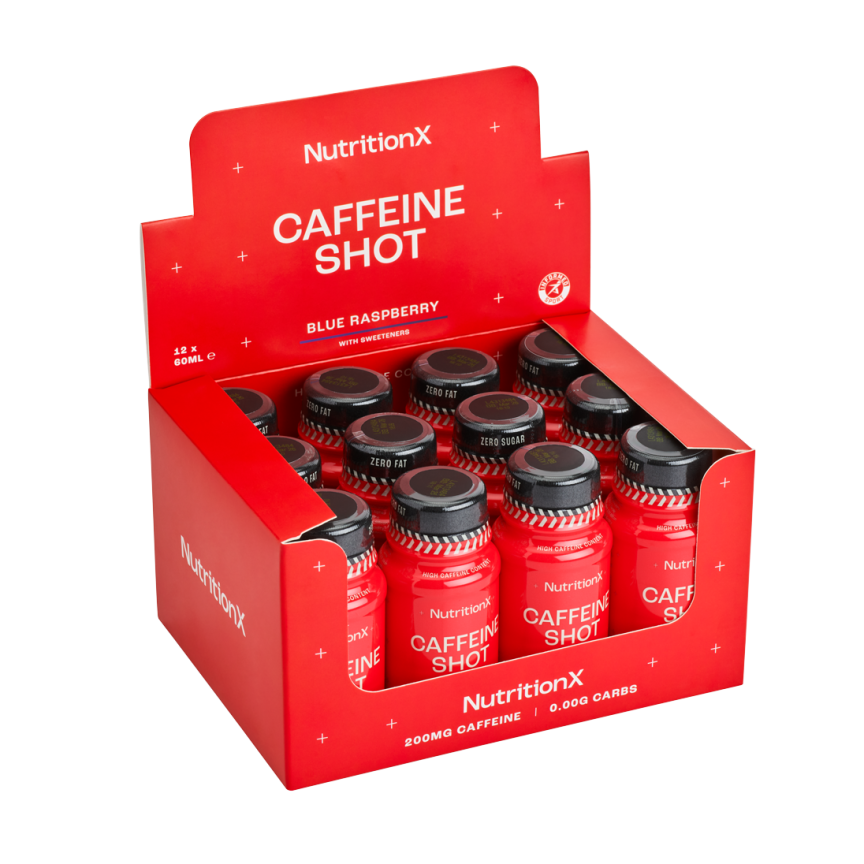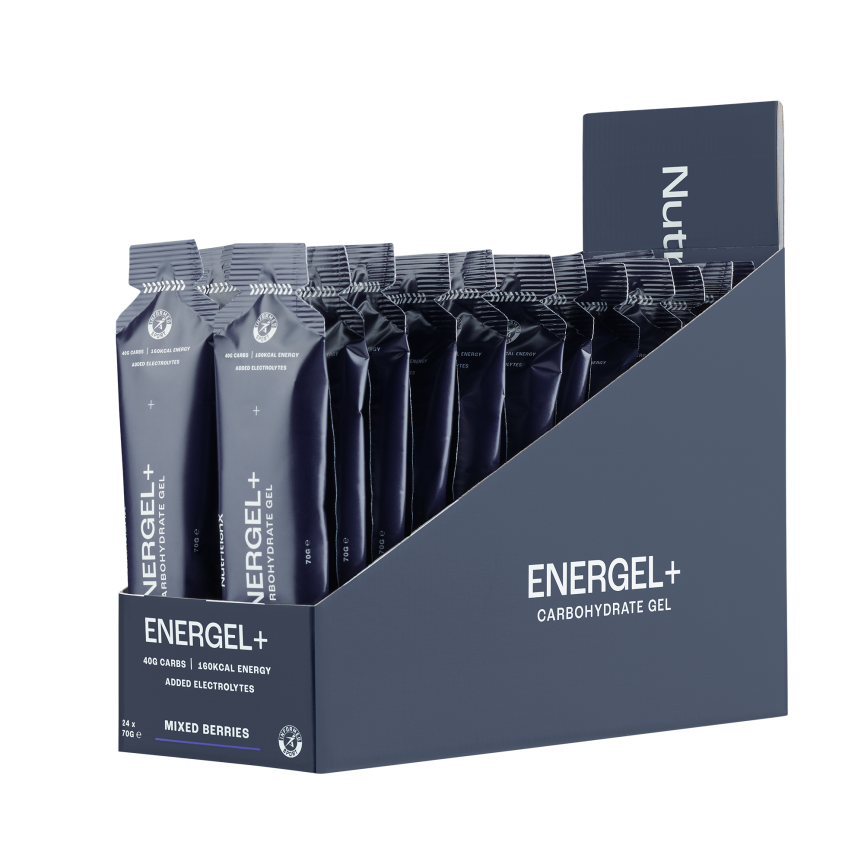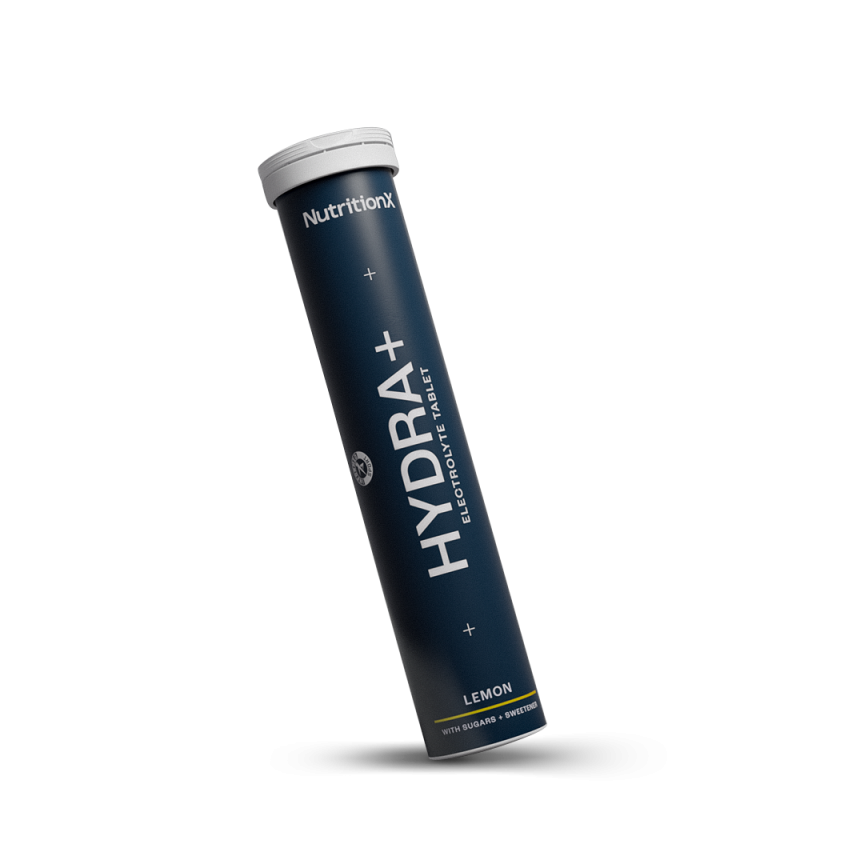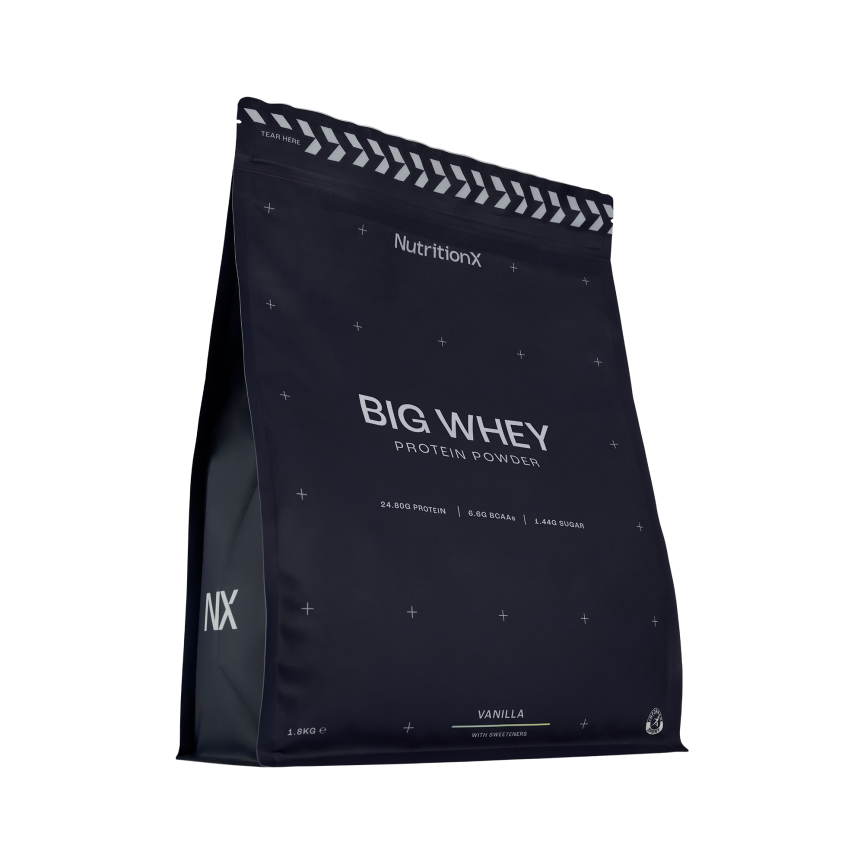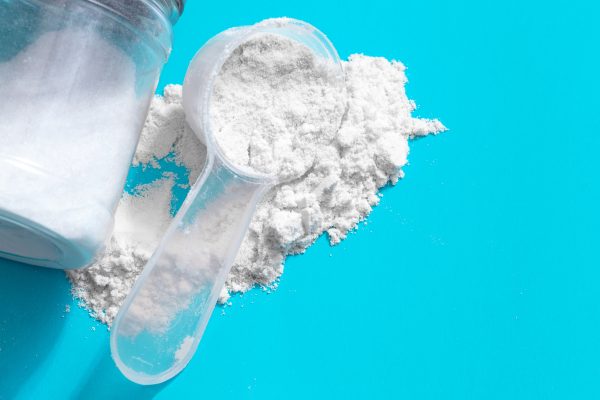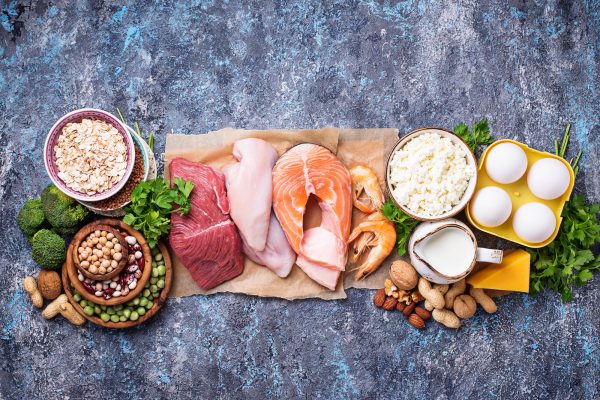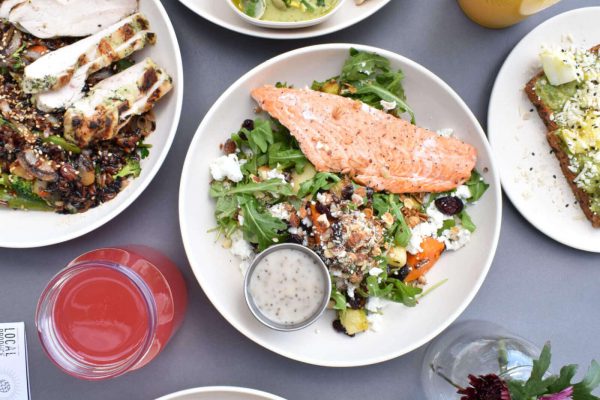With grassroots sport making a very welcome return at the end of this month, we’ve asked our Performance Nutritionist Danny Webber to tackle (pun intended) some of the most common questions posed by rugby players looking to make a return to the game after a year-long hiatus.
Check out his top tips on optimal rugby nutrition, preferred rugby supplements and common conundrums below to make sure you’re hitting the pitch fully prepped for the challenge.
What should I eat before rugby training?
Carbohydrates are your main energy source during intense training sessions and getting back into doing more field sessions to improve your fitness demands good energy levels. First of all, having a good lunch with a balanced combination of good quality carbohydrates, protein and colourful vegetables or salad is a good starting point. This could be some leftover chicken and vegetables from the night before with some quinoa or basmati rice.
As most training sessions will be in the evening around 7pm, it’s that awkward time where you have to decide whether to have an early dinner or some kind of snack before it, so it can be a bit of a pain for your rugby nutrition plan. Make sure you have something substantial 2-3 hours before training to keep you energised, allowing enough time to digest to prevent any gut issues. A chicken/tuna salad wrap with a couple of pieces of fruit would do the job nicely.
Nutrition X has a range of supplements ideal for making sure energy and hydration levels are kept up before, during and after training or a game. My top recommended pre-game rugby supplements are:
Do I need to have a protein shake after training?
Essentially, no, you don’t NEED a protein shake for optimum rugby nutrition. Protein powders should be used purely for convenience or to help top-up protein intakes if an athlete can’t get enough through food alone. Rugby players need a lot of protein, so this just makes it easier for them. Some players may not have an appetite after training, so using a high protein shake like Big Whey is an easy option to kick-start recovery.
Having a bottle of chocolate milk or some food snacks in your kit bag for after training, like a couple of these chocolate and cranberry energy balls, will be a great option to promote recovery until you get home for a proper meal.
My top recommended post-training recovery supplements are:
I’ve been told I need to bulk up, what foods are best to support this?
To bulk up (gain weight) with the intention of increasing muscle size and strength requires you to be in an energy surplus (consume more calories than you burn). This is where high quality rugby supplements can help. Together with a well-structured resistance training regime, eating bigger portion sizes with meals and including snack options makes it easier to increase your calories.
Focus your meals around good quality proteins e.g. lean meat, fish, eggs, dairy, lentils, mixed beans with each meal and snack with good amounts of carbohydrates to fuel your training. Using protein powders and bars can help you top up your protein and calorie intake.
I’m always hungry in the evenings and know it’s the worst time to eat, where am I going wrong?
It’s likely you’re undereating the rest of the day, and potentially because you’re eating late at night, leading you to skip breakfast because you’re not hungry in the morning. This has a knock-on-effect to your appetite later in the day, especially if getting through training sessions under-fuelled.
Break this habit by eating bigger portions earlier in the day and focusing on foods that will give you better energy levels and fill you up more e.g. porridge, lean meat and fish with vegetables, sweet potatoes, quinoa and basmati rice
I have always struggled for energy during games and I think it could be down to my nutrition plan, how am I best to fuel before a game?
The day before a game is the time to fuel for it, known as carb-loading to increase muscle glycogen stores as they are the primary energy source for games. So make sure you account for this in your nutrition plan. Before your next game, try focusing your meals and snacks around high carbohydrate foods that are easy to digest, low in fibre and you’re familiar with.
Kedgeree is a great option the night before a game as it’s high in carbohydrate, high quality protein and easy on the stomach so you’re not left feeling bloated. Then on game day it’s similar a matter of topping up your energy levels at breakfast and pre-game meal.
Looking for all our high quality informed-sport certified rugby supplements? We have a great range for you in our ‘Shop by Sport’ rugby supplements category to improve your sports nutrition plan




